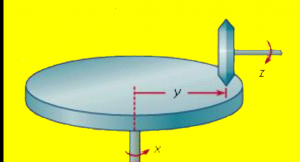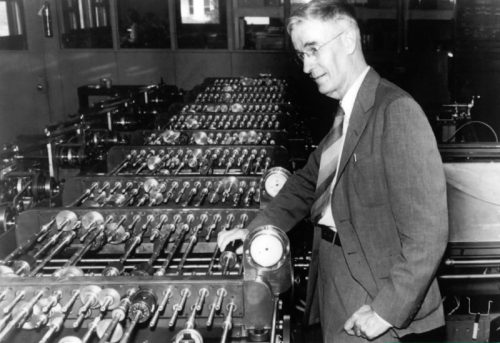Financial Times recently had an article about a projected luxury dirigible. Being an airship fan, I wish the venture success. I was struck, though, by a paragraph in the article contrasting the planned aircraft, called the Airlander, with the airships of the 1930s with their “flammable hydrogen fuels.”
Uh…no. None of the airships of the 1930s used hydrogen as a fuel. Some of them used hydrogen as a lifting gas, which is a totally different thing from the fuel consumed to power the craft forward. And most American airships didn’t use hydrogen for any purpose…the American airships that came to bad ends mostly did so as a result of weather-related structural failure…which point, one would have thought, might have been relevant to someone writing about the possible future of airships.
But airships are a pretty esoteric subject, after all, so maybe it’s unreasonable to expect a journalist to spend (or get his assistant to spend) half an hour actually learning something about whatever he is writing about. So let’s talk about something that isn’t esoteric at all, but rather about as timely and important as it gets. Energy.
I’ve noticed that in articles about energy storage…of which there have been a lot…the writer rarely seems to grasp that kilowatts are not the same thing as kilowatt-hours, and you can’t express the storage capacity of a battery or other storage system in kilowatts. It would be like stating the capacity of your car’s gas tank in horsepower. (The same principle applies to megawatts and megawatt-hours, or gigawatts and gigawatt-hours) Yet all the time, I see articles…not just in the general media but also in the business media…talking about the wonderfulness of a battery or whatever that can store 4 megawatts.
For example, here’s a Barrons article referring to a town which has installed batteries “that can hold two megawatts of power.” Actually, the batteries at this facility can hold 3.9 megawatt-hours of energy…the 2 megawatts of power is about the rate at which energy can be added to or drawn from the system, and has nothing to say about the amount stored. So if you withdraw power at 2 megawatts, you can do so for a little under 2 hours before the battery storage is exhausted. You need the megawatt-hour number to know that; “2 megawatts” tells you nothing about the storage capacity.
Turning now to television journalism: I think Tucker Carlson is far superior to most TV commentators in terms of focusing on issues in some depth, rather than just obsessively circling in on whatever is hottest at the moment. But when recently introducing a guest who was going to talk about a highly-questionable sale to China that was made during the Clinton administration, he said that sale had been of “machine parts.” Actually, it was of machine tools, as the guest correctly explained.
Machine tools are one of the essential cornerstones of industry, and have been for a long time. Shouldn’t a person who frequently writes and/or speaks about economic issues know what a machine tool is and why it matters? Maybe I’m misinterpreting, but I think Tucker’s “machine parts” phrasing indicates that he has no such awareness.
Ben Rhodes, an Obama operative, said of the current generation of reporters: “The average reporter we talk to is 27 years old, and their only reporting experience consists of being around political campaigns. That’s a sea change. They literally know nothing.”
No doubt true of a large number of those younger reporters who Rhodes manipulated while feeling contempt for. But there are journalists–older and younger–who do have a pretty good grasp of history, geography, and comparative political systems…some of them even have some education or reading in political philosophy. But even among these, knowledge of technology–and by “technology” I do not mean just “computer stuff”–is pretty close to nonexistent.
And with the vastly increased influence of government over all aspects of the economy–and the even greater (much greater!) influence being sought by the current Democratic Party–such knowledge is pretty important.

